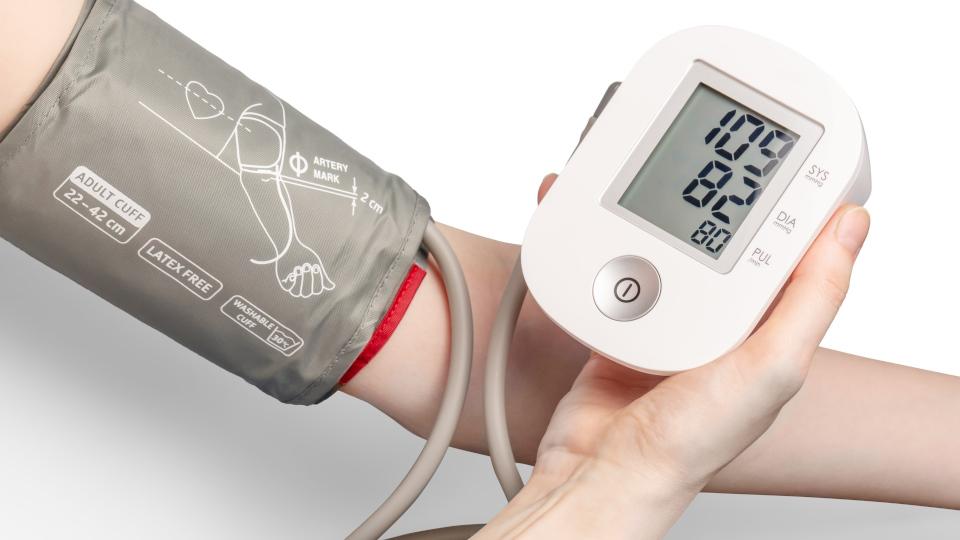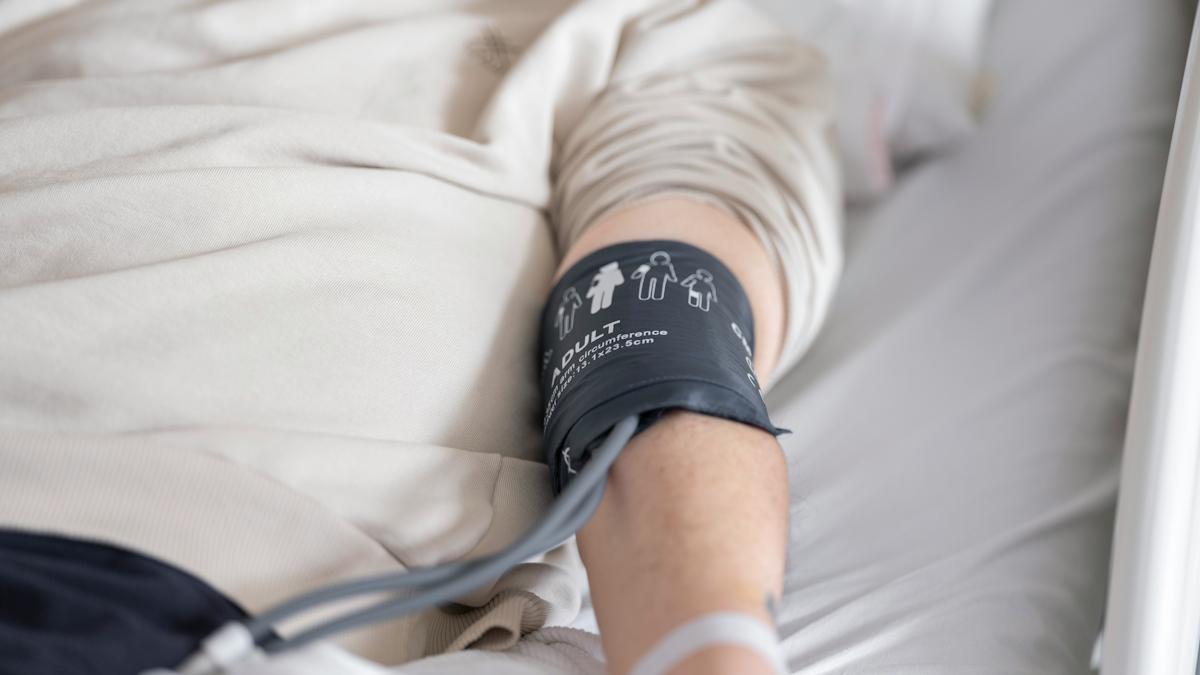Lift for Roche as Alnylam drug lowers blood pressure

Just weeks after wagering $310 million upfront on the rights to Alnylam's hypertension therapy zilebesiran on the strength of phase 1 data, Roche has been rewarded by a positive phase 2 proof-of-concept trial.
Only the top-line results of the 394-patient KARDIA-1 trial are available at the moment, but Roche has revealed that at the top two doses – 300 mg and 600 mg given as a single subcutaneous injection – the drug met its primary objective of a 15 mmHg reduction in systolic blood pressure compared to placebo after three months.
Roche and Alnylam are hoping that just two injections of the RNA interference (RNAi) therapy per year could be enough for efficacy, and secondary endpoint data from the study backed that up, with sustained reductions in systolic blood pressure at six months.
Zilebesiran is designed to switch off the activity of angiotensinogen, a hormone involved in the regulation of blood pressure that works by causing blood vessels to constrict. The study also showed that the RNAi was able to achieve a "potent and durable" reduction in angiotensinogen levels over six months, with an "encouraging" safety and tolerability profile, according to Roche.
The rate of serious adverse events in the study was 3.6%, none of which were thought to be linked to the drug, compared to 6.7% of the placebo group. There was also one fatality in the zilebesiran arm that was deemed unrelated to the treatment.
Roche has licensed co-development rights to zilebesiran in the US, as well as exclusive rights elsewhere, and is on the hook for up to $2.8 billion in milestones if the drug makes it through to market and meets sales objectives.
The partners are hoping to achieve in hypertension what Alnylam and Novartis have embarked upon in high cholesterol with Leqvio (inclisiran), adding a new layer of therapy for patients who are unable to control their condition using standard therapies – in both cases, generally low-cost generic medicines.
Last year, UK medicines regulator the MHRA awarded zilebesiran an 'innovation passport', a designation designed to speed up NHS access to promising new medicines, in recognition of the drug's potential to have an impact on a major health issue.
There has not been a new class of drug licensed for the treatment of high blood pressure in the last 17 years, and Roche chief medical officer Levi Garraway said the new data "underscore[s] the potential of this investigational medicine to provide transformative impact for many people living with uncontrolled hypertension."
The next key readout in the programme will be the results of the KARDIA-2 study in patients whose blood pressure remains too high despite standard therapy, looking at zilebesiran in combination with other drugs. Data is expected in the coming weeks.
Photo by Mockup Graphics on Unsplash.













